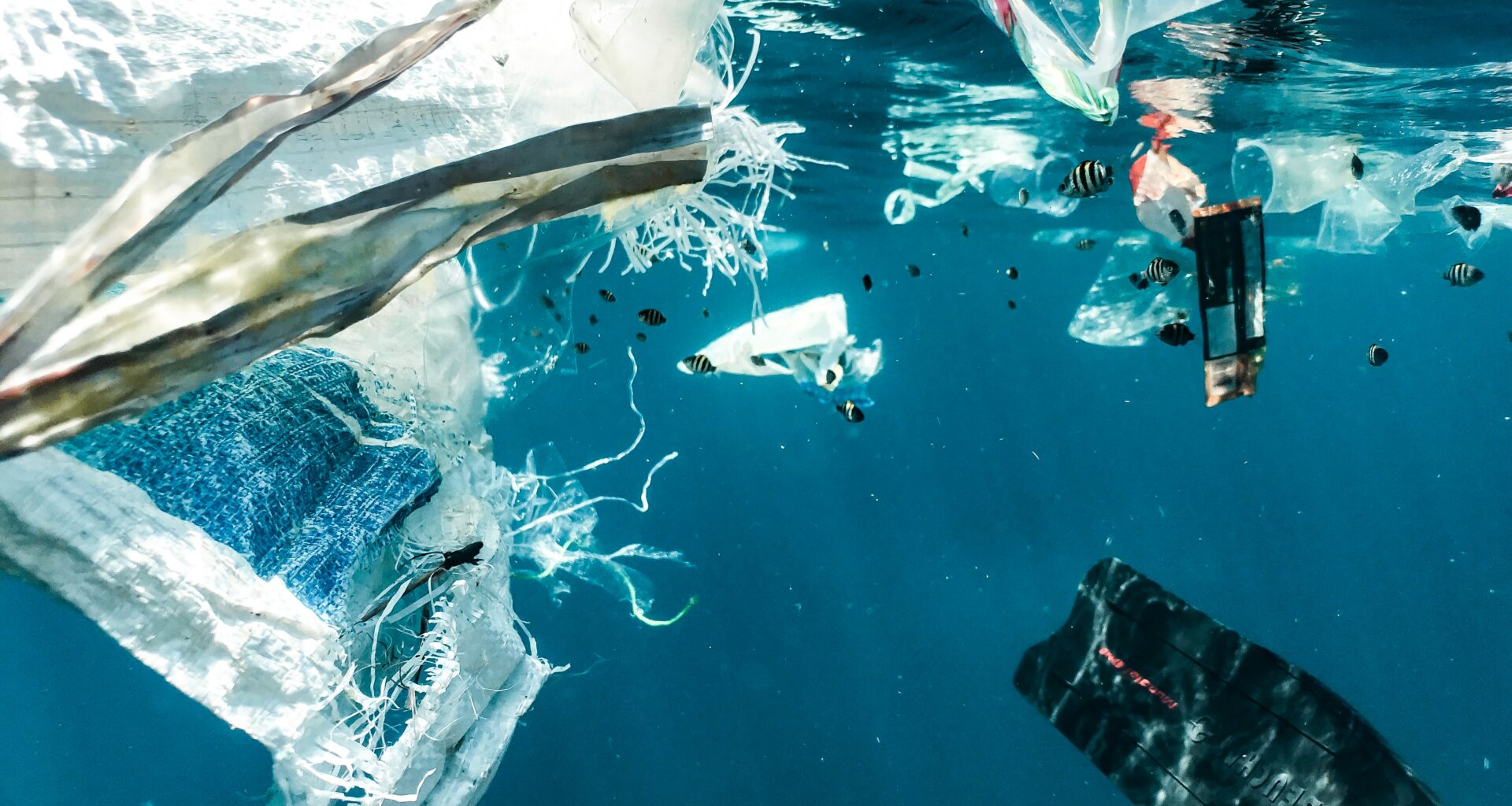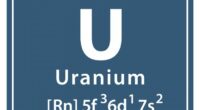Governments across the globe are allocating resources to technologies that reduce emissions, reduce energy consumption, and produce clean energy. In the United States, a significant goal of both the Inflation Reduction Act (IRA) and the Infrastructure Investment and Jobs Act (IIJA) is to invest in cleaner, more efficient technologies. Both laws were passed in the last two years and are starting to bear fruit.
According to the Rhodium Group’s Clean Investment Monitor, there was $213 billion in new clean investment across the U.S. economy in the past year – a 37% increase from the previous year and a 165% increase from five years ago. At this level, clean investment nationwide is larger than the annual GDP of 18 of the 50 U.S. states. The effects are spilling across borders, as the UN reports that US investments have spurred worldwide growth in green tech funding.
The War Against Plastic Waste
One front in the battle to reduce carbon emissions is in the life cycle of plastic products. According to the Organization for Economic Cooperation and Development, plastics contribute about 3.4% of total global emissions while filling our waterways, roadsides, soils, and drinking water with macro- and micro- plastic waste. Those emissions are expected to more than double in the next 35 years. A circular plastic economy, in which single-use plastic use diminishes while recycling and reusing becomes the norm, would go a long way toward meeting carbon emissions and waste reduction goals. Unfortunately, current recycling technologies are not up to the task, unable to process most of the types of plastics made today and inefficient in the recycling of the types they can process.
With investments in the space increasing, and political pressure creating real world action, companies like Aduro Clean Technologies Inc. (CSE: ACT) (OTCQX: ACTHF) (FSE: 9D50) may be developing at just the right time. Aduro’s Hydrochemolytic™ technology (HCT) is a water-based chemical process that is able to turn plastics of all types, with minimal sorting and cleaning required, into high value feedstock for new plastics and other chemicals. HCT offers the added benefit of greatly reducing emissions when compared to virgin plastic production as well as current recycling technologies.
Small Company, Big Impact
Aduro is based in Canada, but is playing on the global stage. The company has a foothold in Europe, partnering with the Brightlands Chemelot Campus in the Netherlands to engage potential customers on the continent. Brightlands is a hub for over 100 companies developing technologies and processes to make the chemical industry processes and products more sustainable. Aduro actually hired Brightlands’ Business Development Director and Chief Technology Officer, Eric Appelman, as its Chief Revenue Officer as the company is in the process of commercializing HCT across the globe.
Aduro is talking with major global petrochemical companies, testing and proving its technology through its Customer Engagement Program. This program uses a demonstration unit capable of processing a wide variety of feedstocks to produce each potential client’s desired output. The next step is to build a small commercial pilot plant that will demonstrate capabilities at scale.
Aduro is getting help from one of the largest oil companies as part of the Shell GameChanger program. Shell selected HCT for the program which is designed to speed commercialization with the sharing of expertise and non-dilutive funding. Aduro’s GameChanger experience is wrapping up, but the knowledge and data gained from the program will help the company perfect the pilot plant, slated for construction in the near term.
The Way Forward
Unlike some other recycling tech companies at a similar stage, Aduro doesn’t envision building its own plastic recycling facilities around the world. Instead, the company will be licensing its scalable technology to end users who will build the plants themselves. HCT is adaptable to small community-scale projects as well as to recycling centers serving major populations. It could even be used in existing facilities to broaden the capabilities into other forms of plastic that aren’t recycled today.
With Shell and other global conglomerates interested in, assisting with, and testing Aduro’s technology right now, and a pilot plant just around the corner, the company could experience a major breakthrough in the near future. Aduro’s approach to this point has been careful and considered – the company spent years developing the technology under the radar, making sure the capabilities are understood and proven before revealing them to the market.
That commercialization process is in full ramp mode now, just as investments in similar efficient and sustainable technologies worldwide are starting to increase. There has been a lot of talk for years about the green revolution, and reducing carbon emissions, and cleaning up our environment. The rubber seems to be hitting the road, and Aduro Clean Technologies is here for it. While at a similar stage of development, its valuation lags behind those of its peers in the recycling technology industry, perhaps because it flew under the radar for so long. Stay tuned as Aduro unveils HCT to the world.









